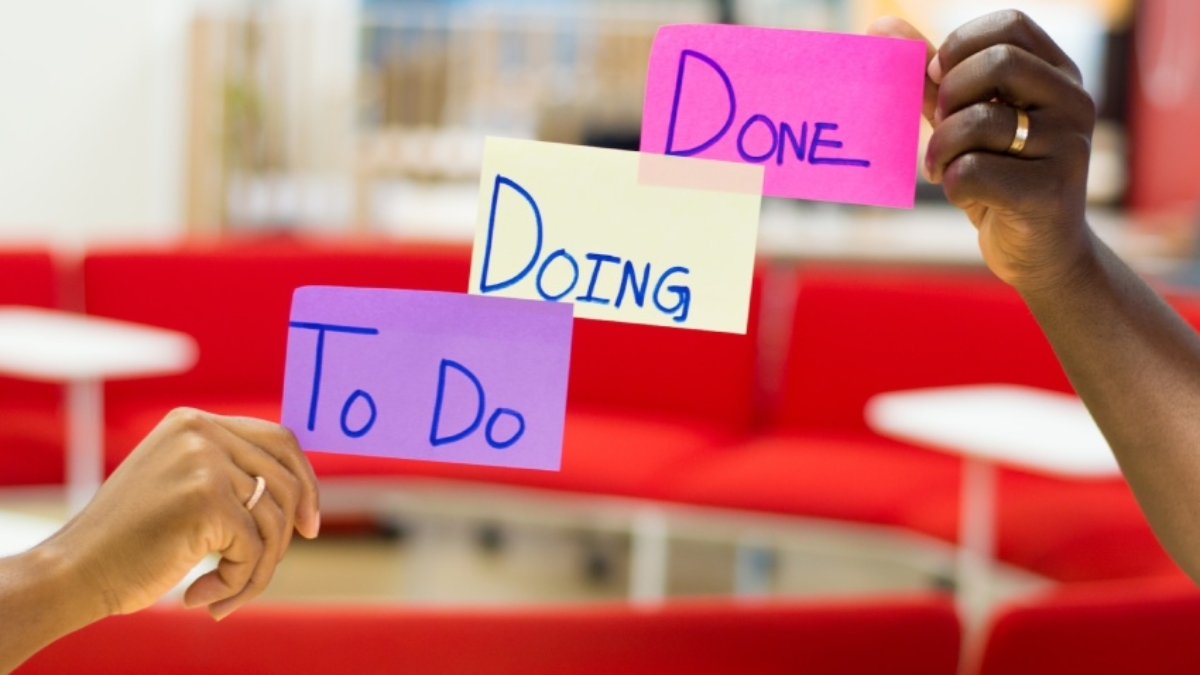In the fast-paced world of entrepreneurship, a new approach has emerged that combines the power of social impact with the agility of project management.
Social agile methodology is revolutionizing how young social entrepreneurs bring their ideas to life and create positive change in their communities.
This article will explore the fundamental principles of social agile methodology and how it empowers young social entrepreneurs to navigate challenges, iterate quickly, and make a meaningful difference.
What is Social Agile Methodology?
It combines the principles of agile project management to create social impact.
It emphasizes flexibility, collaboration, and continuous learning, enabling young social entrepreneurs to adapt their strategies and initiatives based on real-time feedback and evolving community needs.
Embracing Feedback for Continuous Improvement
Feedback is crucial in the social agile methodology framework.
Young social entrepreneurs actively seek input from their target audience, stakeholders, and partners at every project stage.
This feedback-driven approach enables them to quickly identify areas for improvement, validate assumptions, and make data-informed decisions.
By embracing feedback loops, they can iterate their initiatives to better align with the needs and aspirations of the communities they serve.
Rapid Prototyping and Experimentation
The agile methodology encourages young social entrepreneurs to adopt a mindset of rapid prototyping and experimentation.
They create minimum viable products (MVPs) or pilot initiatives to test their ideas and gather real-world data. This allows them to validate their assumptions, learn from failures, and refine their solutions based on evidence and user feedback.
The ability to quickly iterate and adapt their projects increases their chances of success and impact.
Cross-Disciplinary Collaboration
Effective collaboration is at the heart of the agile methodology.
Young social entrepreneurs bring together individuals from diverse backgrounds, including technology, design, social sciences, and business.
This cross-disciplinary collaboration fosters a culture of innovation, where different perspectives and expertise converge to tackle complex social challenges.
By leveraging the collective intelligence of their teams, young social entrepreneurs can develop holistic and impactful solutions.
Empowering Youth and Amplifying Impact:
Social agile methodology empowers young social entrepreneurs to take ownership of their projects and amplify their impact.
By embracing agile practices, they become more adaptable, resilient, and responsive to changing circumstances.
This methodology also cultivates a learning mindset, where young social entrepreneurs continually acquire new skills, seek mentorship, and connect with peers in the social entrepreneurship ecosystem.
Through collaboration and knowledge sharing, they catalyze sustainable change in their communities.
Conclusion
In the realm of social entrepreneurship, the adoption of agile methodology has become a game-changer for young social entrepreneurs.
It equips them with the tools, mindset, and collaborative spirit necessary to navigate the complexities of social impact initiatives.
By embracing an iterative and feedback-driven approach, young social entrepreneurs can create innovative solutions that address pressing social challenges, leaving a lasting and positive mark on society.
Are you a young social entrepreneur looking to make a difference? Embrace social agile methodology and embark on a journey of continuous learning, collaboration, and meaningful impact.

